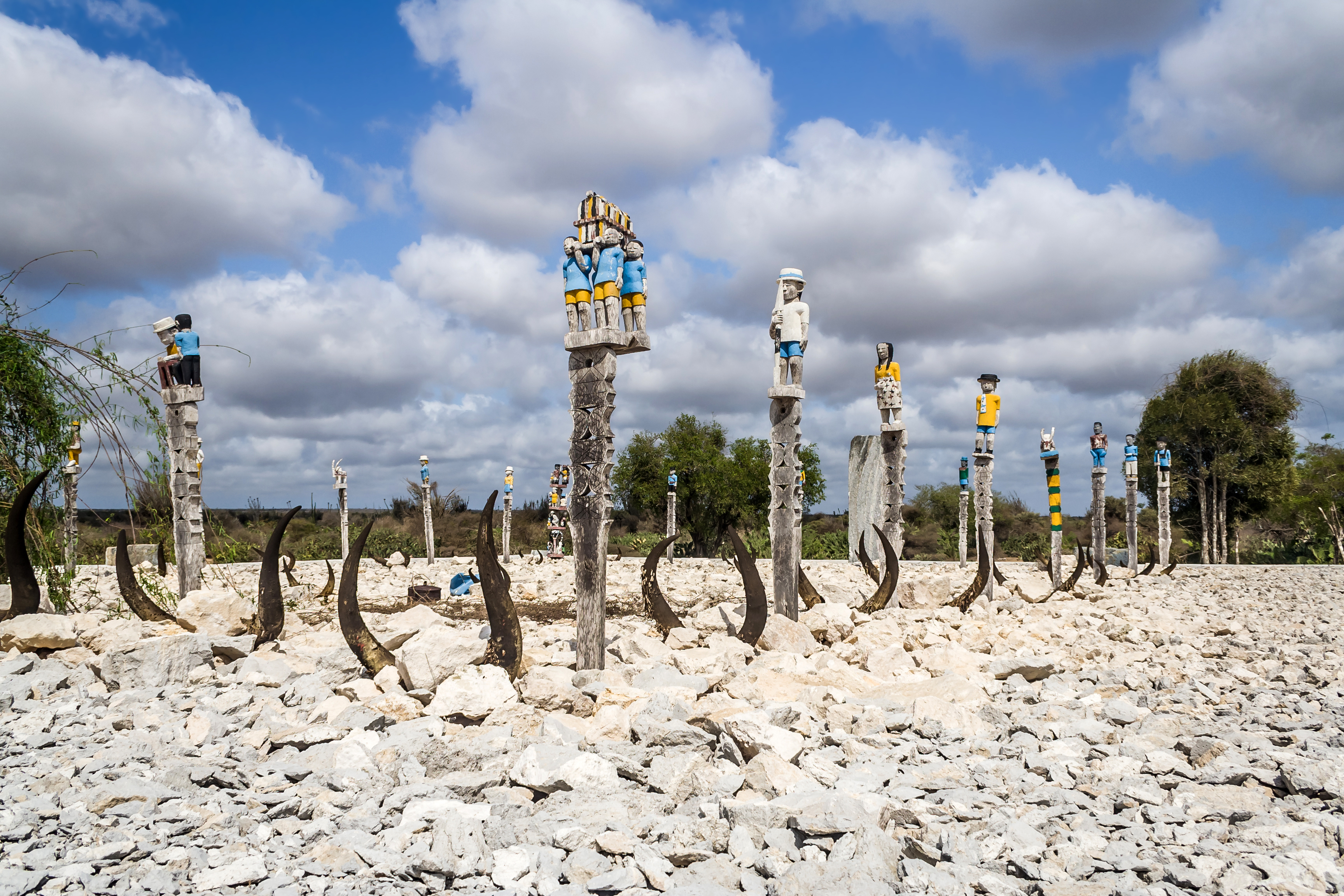
Grief Across Cultures: Diverse Paths to Healing (Part 3)
Grief is a universal human experience, but the ways in which people respond to loss are shaped by culture, tradition, and belief systems. Around the world, communities have developed unique practices to honour the deceased, support the bereaved, and find comfort in the face of loss. Exploring how different cultures approach grief can inspire us to view loss through a broader lens, embracing new perspectives and finding strength in diverse traditions.
Unique Grief Practices Around the World
Here are additional examples of how cultures from around the globe express grief and navigate loss:
- Madagascar: Famadihana (The Turning of the Bones) - In Madagascar, the Malagasy people practice Famadihana, a ritual in which families exhume the remains of their ancestors, rewrap them in fresh shrouds, and celebrate with music, dancing, and feasts. This ceremony, held every few years, reinforces familial bonds and honours the ongoing presence of ancestors in daily life. Takeaway: Maintaining a connection with those who have passed can provide comfort and a sense of continuity.
- Jewish Culture: Sitting Shiva - In Jewish tradition, mourners observe Shiva, a seven-day period of intense mourning immediately following the funeral. During this time, the bereaved remain at home, surrounded by family and friends who provide support, meals, and prayers. The practice is designed to create a space for reflection, healing, and community. Takeaway: Grieving in the presence of loved ones fosters a sense of solidarity and shared healing.
- Australian Aboriginal Communities: Mourning Ceremonies - Aboriginal Australians hold deeply spiritual mourning ceremonies, often lasting weeks or months. These ceremonies involve storytelling, song, and dance to celebrate the life of the deceased and guide their spirit to the afterlife. In some cases, the name of the deceased is not spoken for a period of time to allow the grieving process to unfold. Takeaway: Rituals rooted in storytelling and tradition can provide emotional release and spiritual connection.
- Philippines: The Novena and Vigil - In Filipino culture, grieving begins with a Novena—nine days of prayer following a loved one’s death. Families often hold a vigil, where loved ones gather to pray, share meals, and keep watch over the deceased. This communal act emphasizes faith, remembrance, and familial bonds. Takeaway: Faith-based practices can offer hope and strength during times of loss.
- South Africa: Ubuntu in Grief - The philosophy of Ubuntu, meaning “I am because we are,” shapes many South African mourning practices. Communities come together to support the bereaved through rituals, collective singing, and storytelling. The belief in interconnectedness provides a framework for healing and resilience. Takeaway: Emphasizing community and interconnectedness can help individuals navigate grief with the support of others.
What These Practices Teach Us About Grief
Across cultures, we see that grief is more than an individual experience; it is a communal and often spiritual process. These practices highlight universal themes that can enrich our understanding of loss:
- The Power of Community: Being surrounded by loved ones during grief helps to ease the burden of loss and creates a network of emotional support.
- Rituals Offer Structure: Rituals provide a sense of order and purpose during a chaotic and emotional time.
- Honouring the Deceased: Acts of remembrance, whether through storytelling, song, or prayer, keep loved ones alive in the hearts of those left behind.
- Faith and Spirituality Provide Strength: Beliefs about the afterlife and spiritual practices often give hope and comfort in the face of loss.
Incorporating Global Lessons into Personal Grief
Learning from diverse grief practices can help us find new ways to process loss and honour our loved ones. Here are some ways to adapt these insights:
- Hold Space for Rituals: Create a personal or family tradition, such as lighting a candle, planting a tree, or hosting a remembrance gathering.
- Focus on Storytelling: Share stories about your loved one with family and friends to celebrate their life and preserve their legacy.
- Lean on Your Community: Invite friends and family to support you through the grieving process, whether by sharing meals, prayers, or simply their presence.
- Find Strength in Spirituality: If you have spiritual beliefs, draw on them for comfort and guidance, or explore practices that resonate with you.
A Final Thought
Grief is deeply personal yet profoundly universal. By exploring how cultures around the world navigate loss, we can gain new perspectives on healing and resilience. These diverse traditions remind us that grief, while painful, is a reflection of love and connection. It is through remembrance, ritual, and the support of others that we find the strength to move forward, carrying the memories of our loved ones with us.
Grief may look different across cultures, but its essence is the same: a testament to the bonds that make us human and the love that endures beyond loss.

